When it comes to personal hygiene, using antibacterial body soap plays a crucial role in keeping your skin clean and free from harmful bacteria.
In recent times, the importance of maintaining proper hygiene practices has been highlighted more than ever.
Antibacterial body soaps are specially formulated to kill germs and prevent infections, making them an essential part of your daily hygiene routine.
This comprehensive guide will delve into the world of antibacterial body soaps, exploring their benefits, key ingredients, and best practices for maintaining clean and healthy skin.
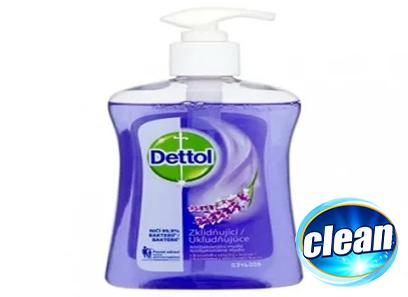
.
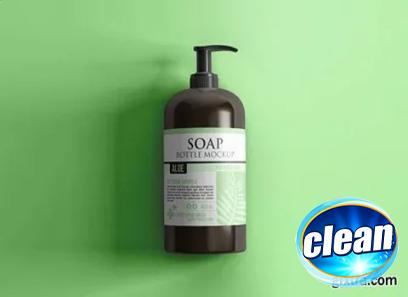 Benefits of Antibacterial Body Soap:
Benefits of Antibacterial Body Soap:
1. Elimination of Harmful Bacteria: One of the key benefits of using antibacterial body soap is its ability to effectively eliminate harmful bacteria from the skin.
Regular use of antibacterial soap can help prevent skin infections and promote overall skin health.
2. Reduced Risk of Infections: By killing bacteria on the skin’s surface, antibacterial body soap can help reduce the risk of infections, especially in individuals with compromised immune systems or those prone to skin issues like eczema or acne.
3. Odor Control: Antibacterial soaps have the added benefit of controlling body odor by targeting the bacteria that cause unpleasant smells.
This can help you feel fresh and clean throughout the day.
..
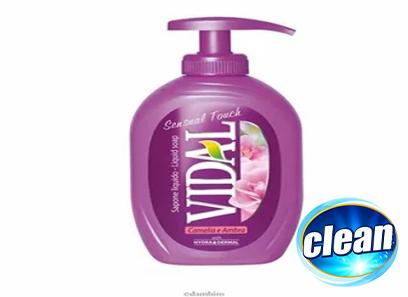 Key Ingredients in Antibacterial Body Soap:
Key Ingredients in Antibacterial Body Soap:
1. Triclosan: Triclosan is a common antibacterial agent found in many antibacterial soaps.
It works by disrupting the cell walls of bacteria, preventing their growth and spread on the skin.
2. Tea Tree Oil: Known for its antimicrobial properties, tea tree oil is a natural ingredient often used in antibacterial body soaps.
It can help fight bacteria, fungi, and viruses, making it an effective addition to antibacterial formulations.
3. Benzalkonium Chloride: Another popular antibacterial agent, benzalkonium chloride, is commonly used in soaps and disinfectants.
It has broad-spectrum antimicrobial properties and is effective against a wide range of bacteria.
4. Chlorhexidine: Chlorhexidine is a powerful antiseptic agent that is frequently used in medical settings for its ability to kill bacteria and prevent infections.
It is commonly found in antibacterial soaps intended for surgical or medical use.
…
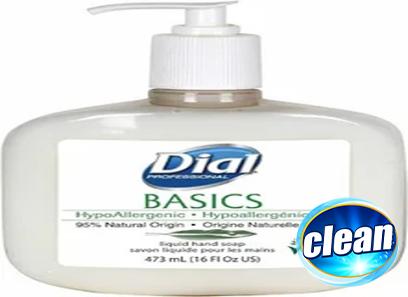 In conclusion, antibacterial body soap is a valuable tool in your hygiene arsenal, offering protection against harmful bacteria, reducing the risk of infections, and promoting skin health.
In conclusion, antibacterial body soap is a valuable tool in your hygiene arsenal, offering protection against harmful bacteria, reducing the risk of infections, and promoting skin health.
By understanding the benefits, key ingredients, and best practices associated with antibacterial soaps, you can make informed choices that support your overall well-being
Remember to choose products wisely, be mindful of environmental impact, and prioritize your skin’s health to enjoy the benefits of clean and healthy skin.
While antibacterial soaps are effective in killing bacteria, some ingredients, like triclosan, have raised concerns about their environmental impact.
Triclosan, in particular, has been linked to aquatic toxicity and resistance development in bacteria.
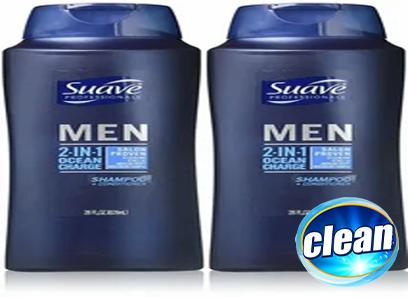
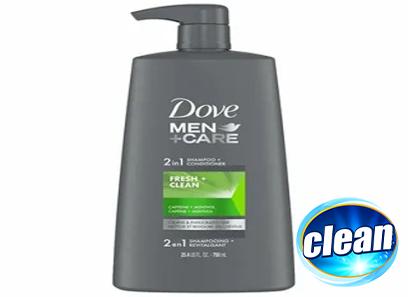

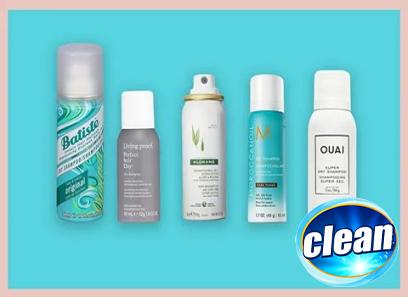
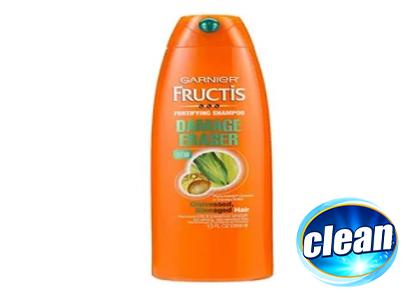
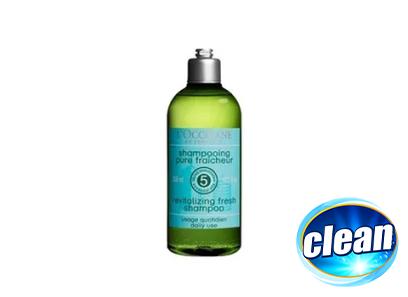
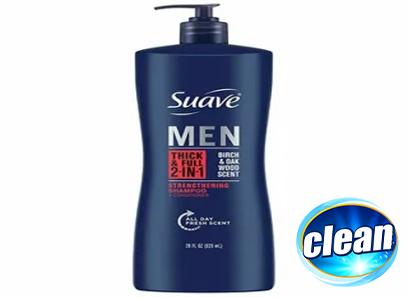
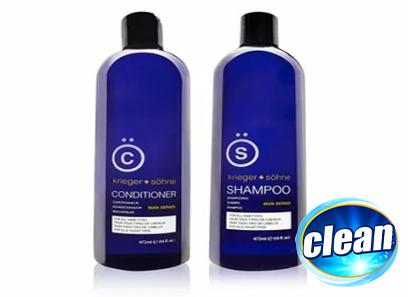
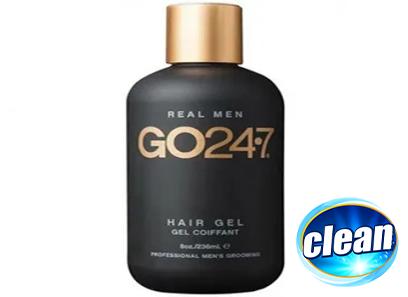
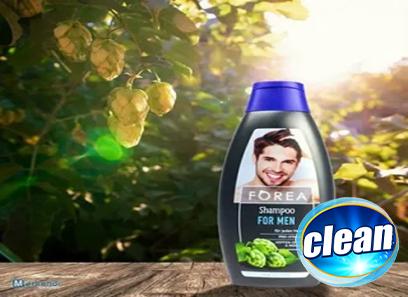
دیدگاه شما با موفقیت ثبت شد.